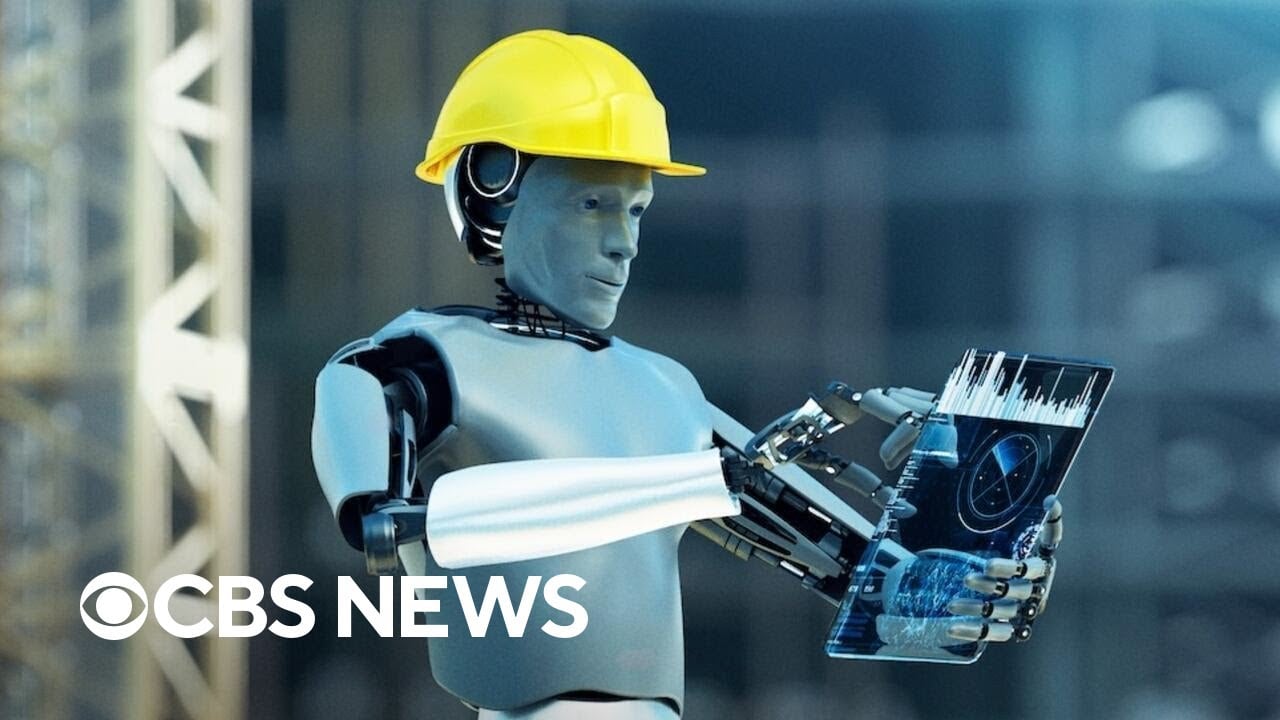I just read about this situation with a major HR software company. They recently let go of about 1,750 workers and now they’re rolling out some kind of new artificial intelligence system for deploying AI agents. The timing seems pretty weird to me. I’m wondering what others think about companies cutting jobs and then investing in AI technology right after. Is this becoming a common pattern in the tech industry? It feels like there might be a connection between these two events but I’m not sure if I’m reading too much into it. Has anyone else noticed similar moves from other companies recently? I’m curious about whether this is part of a bigger trend or just coincidental timing.
Look, I’ve been through three of these cycles at my current company. Executives see layoffs as easy quarterly savings while they throw money at AI that might work someday.
What really happens? They run spreadsheets comparing salary costs to platform licensing fees. Looks cheaper on paper until integration costs, training, and technical debt hit.
We cut 200 people from customer support, then spent 18 months trying to get our AI chatbot to handle basic requests. Customer satisfaction tanked and we had to hire contractors at higher rates just to stay afloat.
The timing’s strategic - fire people when market conditions give you cover, announce AI initiatives when the negative press dies down. These AI rollouts are way more complex than anyone expects.
This video breaks down what’s happening with these layoff and AI replacement patterns:
Here’s the kicker - companies doing this usually hire back within two years because AI can’t handle edge cases and customer relationships suffer. But the good people are gone and you’re starting from scratch.
this stuff makes me sick. I worked at a startup that pulled exactly this move - cut half the support team, then three months later they’re braggin about their shiny new “AI customer success platform.” Spoiler: the AI couldn’t handle anything complex and customers were pissed. meanwhile, the CEO pocketed his bonus for “innovation” while good people got screwed.
You’re not reading too much into it. I’ve watched this same playbook at three companies in 18 months.
The worst part? How they spin it internally. Management calls layoffs “rightsizing” or “strategic restructuring” while already planning the AI rollout. I sat in meetings where they literally calculated salary cuts to fund the new platform.
The timeline really gets me. Announce layoffs, wait for the news cycle to move on, then drop the AI announcement. Like nobody will connect the dots.
The kicker? Half these AI implementations fail or get scaled back within a year because they rush to market. By then the experienced people are gone and good luck rebuilding that knowledge.
This trend’s accelerating fast. Companies are betting big on AI replacing workers, but most don’t understand the real costs and limitations yet.
What gets me is how companies sell this as ‘inevitable modernization’ when it’s really just a calculated trade-off. I’ve watched this play out twice at mid-sized companies - same pattern every time. They promise shareholders cost savings through automation while privately admitting the tech isn’t ready to replace human judgment. There’s this massive gap between what AI actually does and what executives think it does. You end up understaffed for months while they debug everything. The worst part? Productivity crashes because nobody plans for the learning curve and integration nightmares. Most rollouts take 18-24 months to deliver - if they ever do.
Been in tech for 10+ years - this timing isn’t coincidental at all. You’re watching a deliberate strategy that’s ramped up since 2022. Companies fire people to free up budget, then dump that money straight into AI infrastructure. I’ve watched this play out across HR software, customer service, content creation, even engineering teams. The reality? They see AI as long-term cost cutting, despite the huge upfront investment. Looks terrible PR-wise, but the math works for them.
This pattern is real and getting worse. I’ve lived through two of these ‘transformations’ - both created more problems than they solved.
Here’s what actually happens: companies cut staff first, then scramble to automate workflows they never mapped properly. They deploy AI on broken processes and act shocked when it fails.
Better approach? Fix workflows first, automate second. I’m doing this at my company with Latenode. Instead of mass layoffs, we automated boring stuff - data entry, reports, routine approvals.
Result? Team got more productive instead of getting axed. People handle strategy, automation does grunt work. Way cheaper than enterprise platforms and works because you’re not building on garbage.
Most companies have it backwards. Fire everyone, then patch holes with expensive AI that breaks on edge cases. Latenode lets you automate gradually without the chaos and failed rollouts.
Eight years in enterprise software here - these layoffs aren’t random. Finance teams literally pitch them as “AI funding” during budget meetings. They’re calculating human costs months before announcing anything. What pisses me off most? They call it competitive necessity while their own data shows mixed results from companies that tried this already. Executives make promises that create operational chaos lasting years. Nobody accounts for losing institutional knowledge or how badly customer service tanks afterward. They’re basically betting customer relationships on unproven tech while firing people who actually know how the business works.

